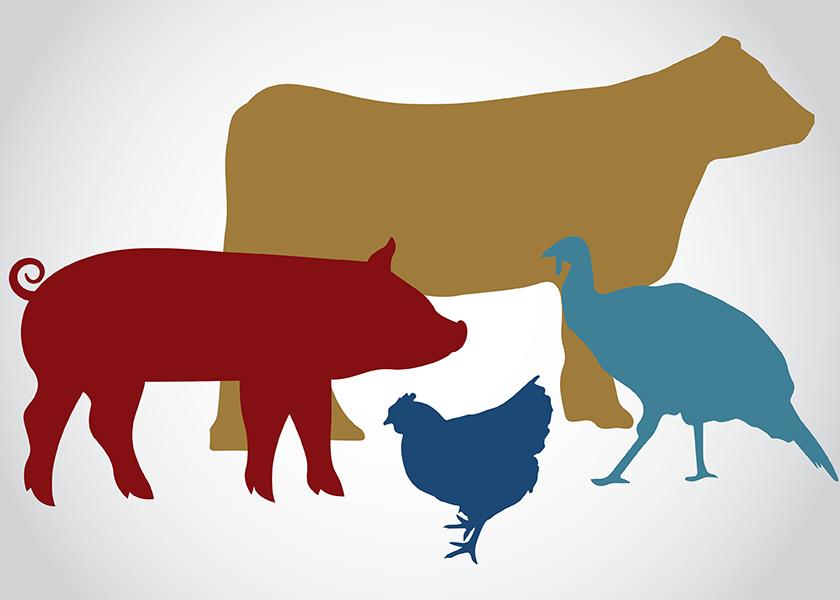USDA Awards $2.29 Million in Farm Bill Funding to Protect Animal Health

USDA Animal and Plant Health Inspection Service (APHIS) is awarding $2.29 million through the National Animal Health Laboratory Network (NAHLN) Farm Bill program to advance APHIS’ animal health preparedness. The 2018 Farm Bill provided funding for this program as part of an overall strategy to prevent animal pests and diseases from entering the United States and reduce the spread and impact of potential disease incursions.
“NAHLN funding is vital to safeguarding the nation’s food supply against threats posed by animal diseases, especially ones of foreign origin. Pork producers are focused on the 2023 Farm Bill and urge continued funding for the critically important 'three-legged stool' of animal health, including NAHLN, the NAVVCB ('vaccine bank') and NADPRP. Continued funding for NAHLN is necessary to enhance animal health diagnostic testing for both endemic and high-consequence pathogens in the nation’s livestock and poultry. These laboratories are the first line of defense for detecting animal diseases and pathogens,” the National Pork Producers Council told Farm Journal's PORK.
NAHLN, a network of federal, state and university-associated veterinary diagnostic laboratories that provide ongoing disease surveillance, responds quickly to disease events; communicates diagnostic outcomes to decision makers; and has the capability and capacity to meet diagnostic needs during animal disease outbreaks. Since it started, NAHLN has grown from 12 AAVLD laboratories to 60 AAVLD laboratories throughout the U.S. capable of testing large numbers of samples for specific disease agents.
“These Farm Bill funding awards will strengthen our ability to carry out our strategies for animal health emergency preparedness and better safeguard our agricultural industry,” Jenny Lester Moffitt, Under Secretary for USDA’s Marketing and Regulatory Programs, said in a release. “The more prepared we are to protect our agricultural commodities, the safer the food supply is for Americans and the rest of the world.”
NAHLN funding supports critically important projects focused on increasing capacity for disease testing through stockpiling efforts, enhancing data management through IT standardization, and increasing high-throughput testing with the addition of diagnostic testing instruments and technical expertise in laboratories, USDA notes.
"Should foreign animal disease strike, these laboratories are the first line of defense in swiftly diagnosing and detecting the extent of the outbreak to limit the impact on producers," USDA says in the release.
More from Farm Journal's PORK:
From ASF to COVID: How NAHLN Protects Animal Agriculture







